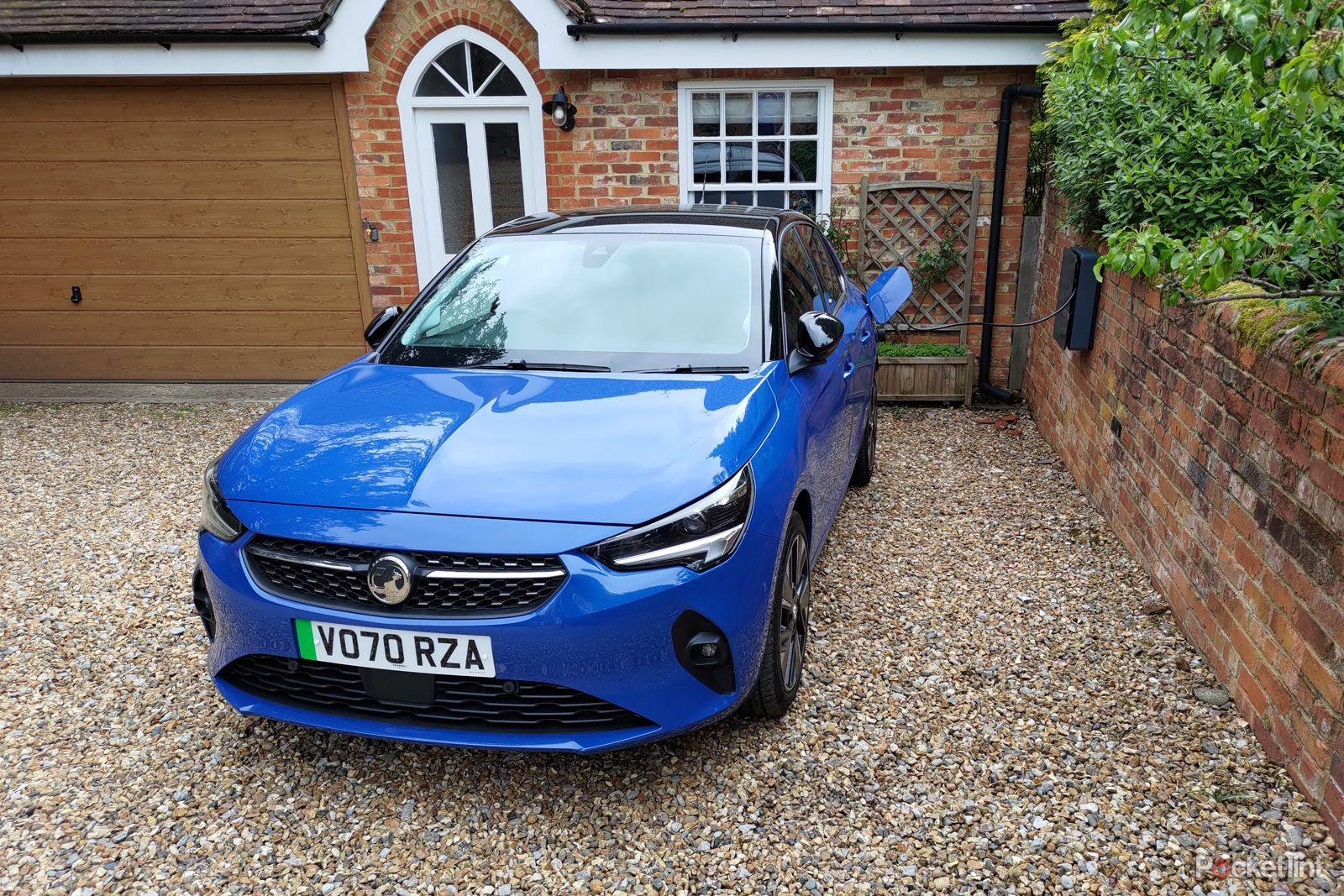The Department for Transport in the UK has announced that it's changing the structure of the plug-in car grant (or plug-in grant scheme), reducing the qualifying limit to just £32,000.
The DfT says that the change has been made so that the support is there for those who need it most, those buying electric cars in the lowest price bracket.
The prompt for change appears to be the increasing volume of sales of electric cars over the past year; as we've seen in the past, the Department for Transport sees the grant scheme as help for those struggling to afford an electric car, rather than as an incentive to buy electric.
The new cap means that you now have fewer choices if you want to benefit from the plug-in grant and will now only apply to cars such as, Mini Electric, Fiat 500e, Vauxhall Corsa e, qualifying for £1,500 off the price.
The higher rate of the grant is being preserved for wheelchair accessible vehicles, retaining the £35,000 price cap and the £2,500 grant value.
In the UK there will be a ban on the sale of new combustion vehicles in 2030 and hybrid models will be banned by 2035. The cut in the plug-in car grant has come as something of a surprise, with many expecting the UK government to subsidise the increased costs in buying electric cars to help drive towards emissions targets.
But that hasn't been the case: as electric cars have become more established, the grant has been progressively reduced.
Electric cars still come at something of a premium compared to combustion rivals: the Mini Electric, for example, can be your from £27,000 (with the £1,500 grant), while a petrol equivalent would be around £23,000 (Cooper S). That gap grows as cars get more expensive.
The news was announced on 15 December 2021 and at the time of writing, not all car manufacturers have updated their prices to reflect the new levels. We wouldn't be surprised if the scheme was wound up in 2022 and assigned to history.

